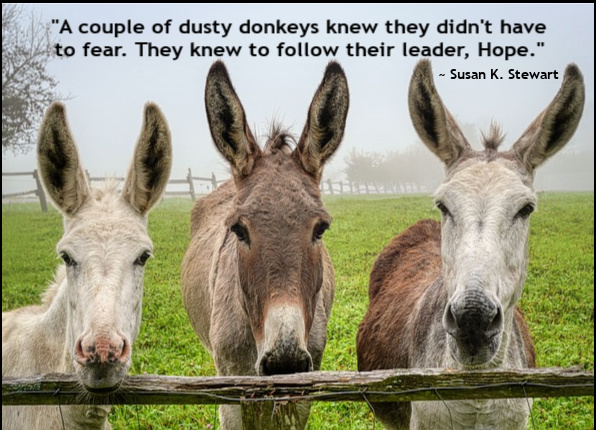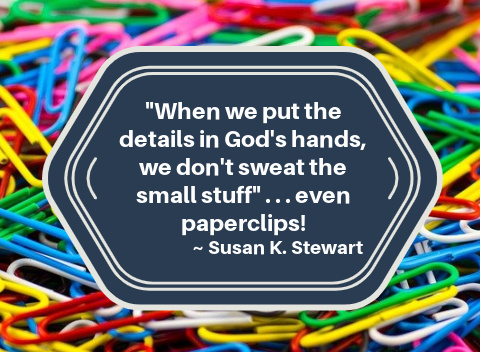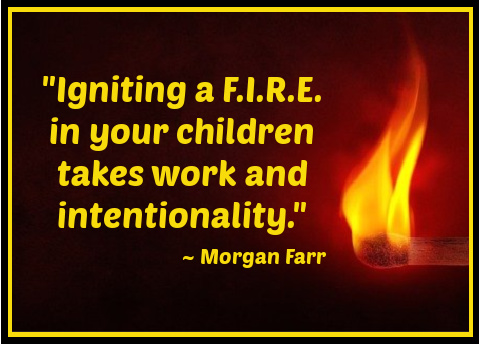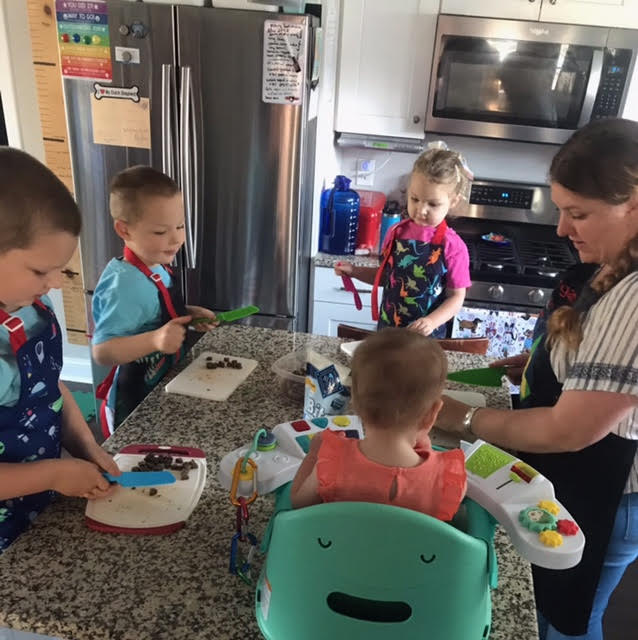Where There's Hope—There's Future
Susan K. Stewart makes theological concepts practical, using her own life experiences to teach others how to live out the truths of the Bible. In this Hope UPGRADE, she tells the story of three donkeys to illustrate her point that "Where there's hope, there's future!"
 "Hope was the quiet leader of our donkey trio," Susan says. "When Hope went to the feed trough, the other two followed behind her. If she decided to walk the donkey trails in the pasture, Hope would take the lead."
"Hope was the quiet leader of our donkey trio," Susan says. "When Hope went to the feed trough, the other two followed behind her. If she decided to walk the donkey trails in the pasture, Hope would take the lead."
I (Dawn) have always loved donkeys, finding them wiser than most people know. They can be problem solvers, and they have incredible memories. So I read Susan's post with a big grin!
Susan continues . . .
Hope appeared to be the one on alert for anything unusual happening. I would see her scanning the field and trees, but she never showed nervousness or fear.
With Hope in the lead, Georgia May and Shanna didn’t seem to have any worries or fear.
HOPE LED the donkeys.
What leads many of us today?
Sadly, many of us are following fear and worry. The virus, terrorists, war, even change can dominate our minds. Dread becomes the focus of our lives affecting everything we do.
Not all fear is bad. God gave us a sense of immediate fear as a form of protection. To be aware of our surroundings for danger and to be able to react when there is an actual threat to our physical well-being.
In our modern age, dread has translated to mental and emotional threats.
Many would say the 24-hour news cycle leads the way down this dark tunnel.
Anxiety over perceived threats is so prevalent it is the subject of writings in such publications as Psychology Today. A search using Google brings up more than three billion (yes, billion with a “b”) references.
Fear appears to be surrounding us.
Gordana Biernat wrote in Psychology Today, “Slowly sneaking indirect fear is also an illness generator. ... If you want to thrive in your life, you must have the courage to say 'no' to fear because the more fear you allow into your mind, the smaller your life will become.” *
Fear can slowly eat away at our lives—physically, emotionally, spiritually.
Another search on Google shows two billion articles about overcoming fear, including:
- “10 Steps for How to Overcome Fear and Achieve Goals,”
- “6 Strategies to Overcome Fear and Anxiety,” and
- “6 Tips to Overcoming Anxiety and Phobias.”
- Even Forbes magazine has “14 Ways To Conquer Fear.”
Among all these schemes are common suggestions: name your fear, exercise, stay connected with friends and family, and turn off the news and social media.
All good advice, but one approach is missing—Hope.
Fear is looking at now; it has no future. Hope is looking forward; there is a future.
Fear is negative; hope is positive.
Fear has no plan. Hope is God’s plan—to have a future with hope (Jeremiah 29:11).
We wait with patience and hope for what we do not see—what is ahead (Romans 8:24-25). Our faith is built on a foundation of hope (Hebrews 11:1).
In this age of fear, how can we dig out of it and reach for hope?
- Meditate on God’s Word. Paul tells the Romans “through the encouragement of the Scriptures we might have hope” (Romans 15:4).
- Don’t dwell on what might happen. Jesus told us, “do not worry about tomorrow, for tomorrow will worry about its own things” (Matthew 6:34 NKJV).
- Focus on the future. God tells us “Surely there is a future, and your hope will not be cut off” (Proverbs 23:18).
- Be strong in the face of fear. “Be strong and courageous. Do not fear …, for it is the Lord your God who goes with you. He will not leave you or forsake you” (Deuteronomy 31:6).
- Put your hope in Jesus. “And now, O Lord, for what do I wait? My hope is in you” (Psalm 39:7).
- Stand in faith. Our faith is based on “the assurance of things hoped for” (Hebrews 11:1).
- Put on the helmet of the hope of salvation. A helmet covers our minds. The hope of salvation is our protection. (I Thessalonians 5:8b)
- Wait for the Lord. His plan overcomes our fear and worries. “I wait for the Lord, my soul waits, and in his word I hope” (Psalm 130:5).
A couple of dusty donkeys knew they didn’t have to fear. They knew to follow their leader, Hope.
We can overcome fear by doing as a couple of donkeys do—follow God as He leads to “a future and a hope.”
Where will you start your journey out of fear and into hope?
 Susan K. Stewart is a teacher, writer, and speaker known for practical solutions to real-world situations. Her books include Harried Homeschooler’s Handbook: Finding Hope in the
Susan K. Stewart is a teacher, writer, and speaker known for practical solutions to real-world situations. Her books include Harried Homeschooler’s Handbook: Finding Hope in the  Havoc, Science in the Kitchen: Fearless Science at Home for All Ages, Preschool: At What Cost?, and the award-winning Formatting e-Books for Writers. Susan’s most recent book, Donkey Devos: Listen When God Speaks, is made of forty devotions based on the donkeys who have lived on their ranch. The Stewarts live in Central Texas with their three dogs, three cats, nine chickens, and a couple of donkeys. They have three children and six grandchildren. You can read more of Susan’s practical solutions at susankstewart.com.
Havoc, Science in the Kitchen: Fearless Science at Home for All Ages, Preschool: At What Cost?, and the award-winning Formatting e-Books for Writers. Susan’s most recent book, Donkey Devos: Listen When God Speaks, is made of forty devotions based on the donkeys who have lived on their ranch. The Stewarts live in Central Texas with their three dogs, three cats, nine chickens, and a couple of donkeys. They have three children and six grandchildren. You can read more of Susan’s practical solutions at susankstewart.com.
Graphic adapted, courtesy of Albrecht Fietz at Pixabay.
*Quote source: “How to Stop Living in Fear.” May 20, 2020. https://bit.ly/340ULuu.
 Post a Comment → Posted on
Post a Comment → Posted on  Tuesday, February 8, 2022 at 9:58AM
Tuesday, February 8, 2022 at 9:58AM  Anxiety,
Anxiety,  Donkeys,
Donkeys,  Fear,
Fear,  Focus on the Future,
Focus on the Future,  Following,
Following,  Hope,
Hope,  Hope in Jesus,
Hope in Jesus,  Leading,
Leading,  Meditate on God's Word,
Meditate on God's Word,  Overcoming Fear,
Overcoming Fear,  Perceived Threats,
Perceived Threats,  Stand in Faith Upgrade Your Life
Stand in Faith Upgrade Your Life  Biblical Thinking,
Biblical Thinking,  Hope
Hope 















